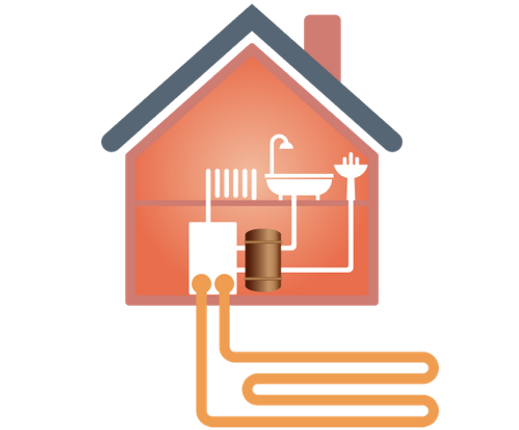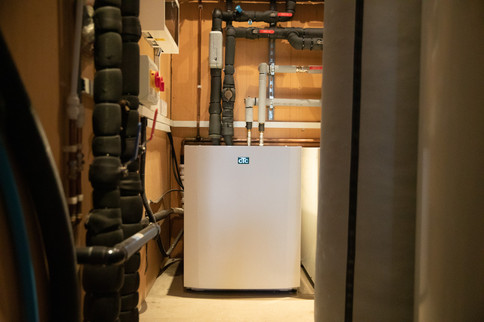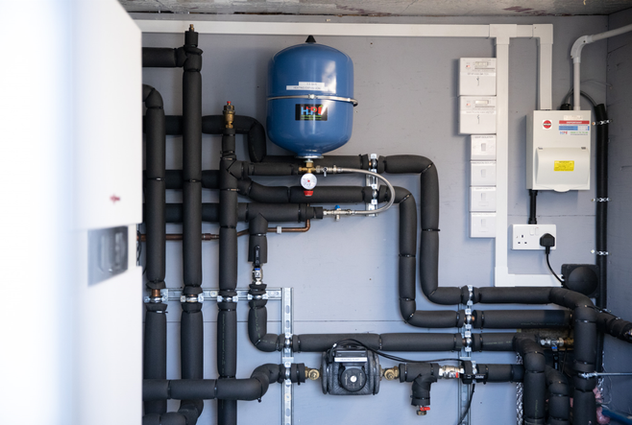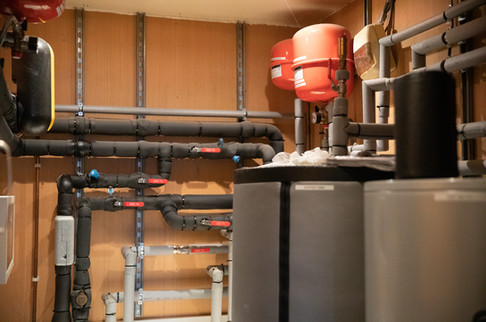top of page
Ground Source
Heat Pumps
Swapping a traditional boiler for a Ground Source Heat Pump can help you make massive savings on your energy bills.
They are around 400 to 500 percent more efficient than a gas boiler, transforming 1Kw of electricity into 4 to 5Kw of heat. The result is a cheap and sustainable source of energy that will heat your home while protecting the planet.








Want to come and visit?
If you want to meet our team, book some training, or want to see a working heat pump, contact us to arrange a visit.
Unit 5
Chapel Street
Huddersfield
HD1 3FZ
bottom of page
